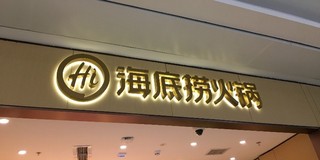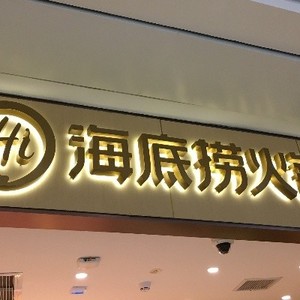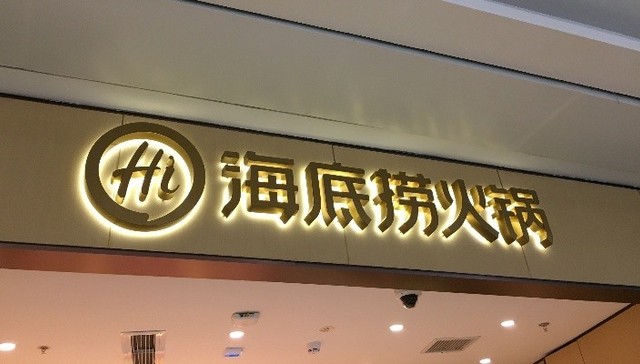By MA Yue, WEI Xianghui, YA Hanxiang
Haidilao is in trouble. The hotpot chain known for meticulous service bordering on obsessiveness has watched its shares slip for months, losing more than half its market cap since February. Once the richest man in Singapore, CEO ZHANG Yong, poster child of new-generation restaurateurs, is now, calamitously, only fourth richest.
More worryingly, more darkened, boarded-up stores are appearing, ten in Beijing alone in May. Some opened less than a year ago. Haidilao has blamed the closures on urban redevelopment and building renovations. The message is that Haidilao is just fine and the problems are not the company’s fault, but profits plunged 86 percent while total revenue remained almost flat, despite, or because of, aggressive store openings.
Potato punchline
It’s easy to blame the pandemic, and other chains have bounced back much more strongly. Whatever the process, the pandemic certainly triggered Haidilao’s frantic expansion and woeful aftermath.

In the six months since reopening last summer, Haidilao nearly doubled in size. Now with 1300 stores, up from 770 in 2019, the chain is making far less money from each. Average table turnover has slipped from five times a day in 2017 to 3.5 last year. Meanwhile, Haidilao quietly raised prices. In-store spending is now 110 yuan (US$17) per person, up from 98 yuan three years ago. Even this has backfired. An angry customer posted his receipt on Weibo, and the “1.5-yuan slice of potato” meme was born.
The company began to scout premium locations on the eve of reopening last June, hoping to secure cheap rent. The pandemic would be over by September at latest, the management “reasoned,” and there would be no problem filling up the new restaurants because of pent-up demand. One year on and restaurant recovery has been glacial. Zhang admits to misjudging the situation in shareholders meeting: “I was overly optimistic. I did not realize my mistake until January, and was not able to take action until March.”
But the damage has already been done. It takes a long time for stores to turn a profit, and with over 500 new stores all making their own special kinds of mistake, results could hardly be worse. Staffing all these stores was a nightmare, not to mention the army of backroom staff and managers that support them. Experienced managers were already hard enough to come by, but Haidilao’s long hours and “obsession with service” makes it a very hard sell. Many quit within three months, about as long as it takes to get up to speed with an experienced manager in charge. Novices take much longer.
Normal setbacks
The expansion exposed shortcomings in management that have been years in the making. Attempts to use a data-driven approach led to unintended consequences, if not outright fiascos. Table turnover had to be taken off performance evaluation because servers were hurrying customers out the door. Salespeople, tasked with acquiring more customers, made a spectacle of themselves handing out fliers on busy streets. Freebies to boost sales cost a fortune. When profits finally improved a little, customers complaints soared.
Zhang, albeit full of self-criticism, seems out of ideas. “I was not able to address these issues in the past. And I cannot promise to solve all of them in the future. Setbacks are normal and always will be. For us, it has always been two steps forward, one step back.”
The whole industry is in trouble. China’s hotpot restaurant market will soon be over 700 billion yuan. Haidilao is the undisputed industry leader, synonymous with hotpot itself, and controlling a paltry 2.2 percent of the market. The top five chains together take up a mere 5.5 percent. New players, many boasting of “Haidilao-standard” service, are still rushing in because why not? There are no real barriers to entry - you do not even need a chef.
Blind optimism
In search of new growth, Haidilao has dabbled furiously, incubating at least a dozen noodle chains and tea shops, but none you have heard of. In 2020, these new ventures contributed 2 million yuan to the company’s 28 billion total revenue.
Zhang is still optimistic, but then again, he has to be. The company claims table turnover is improving, although it is nowhere near its 2017 peak. New hiring, evaluation and marketing processes are in place, even more data-driven than before.





